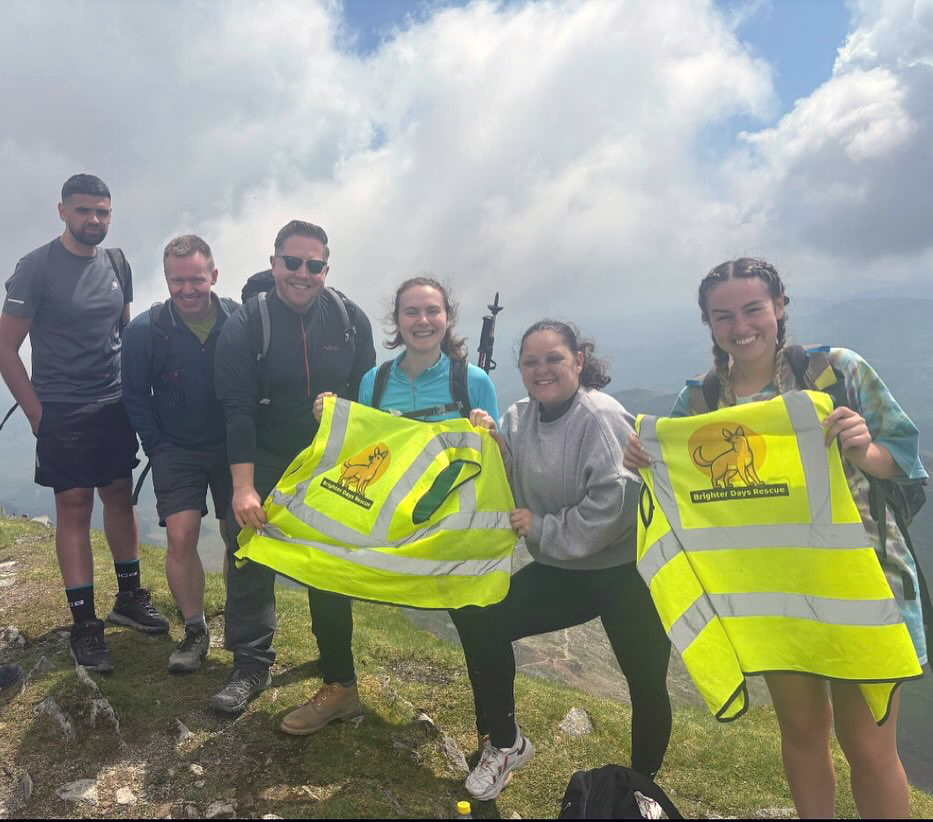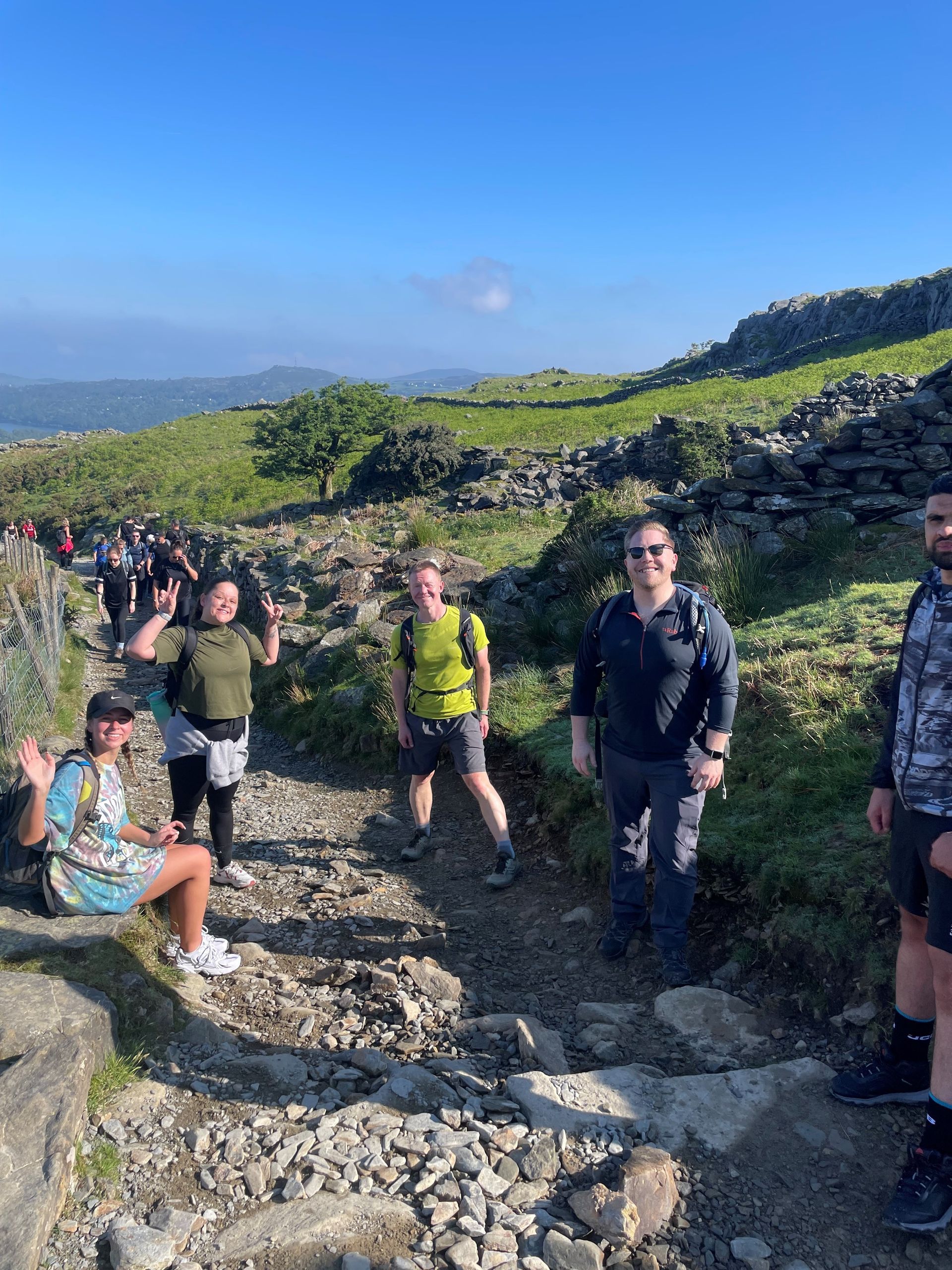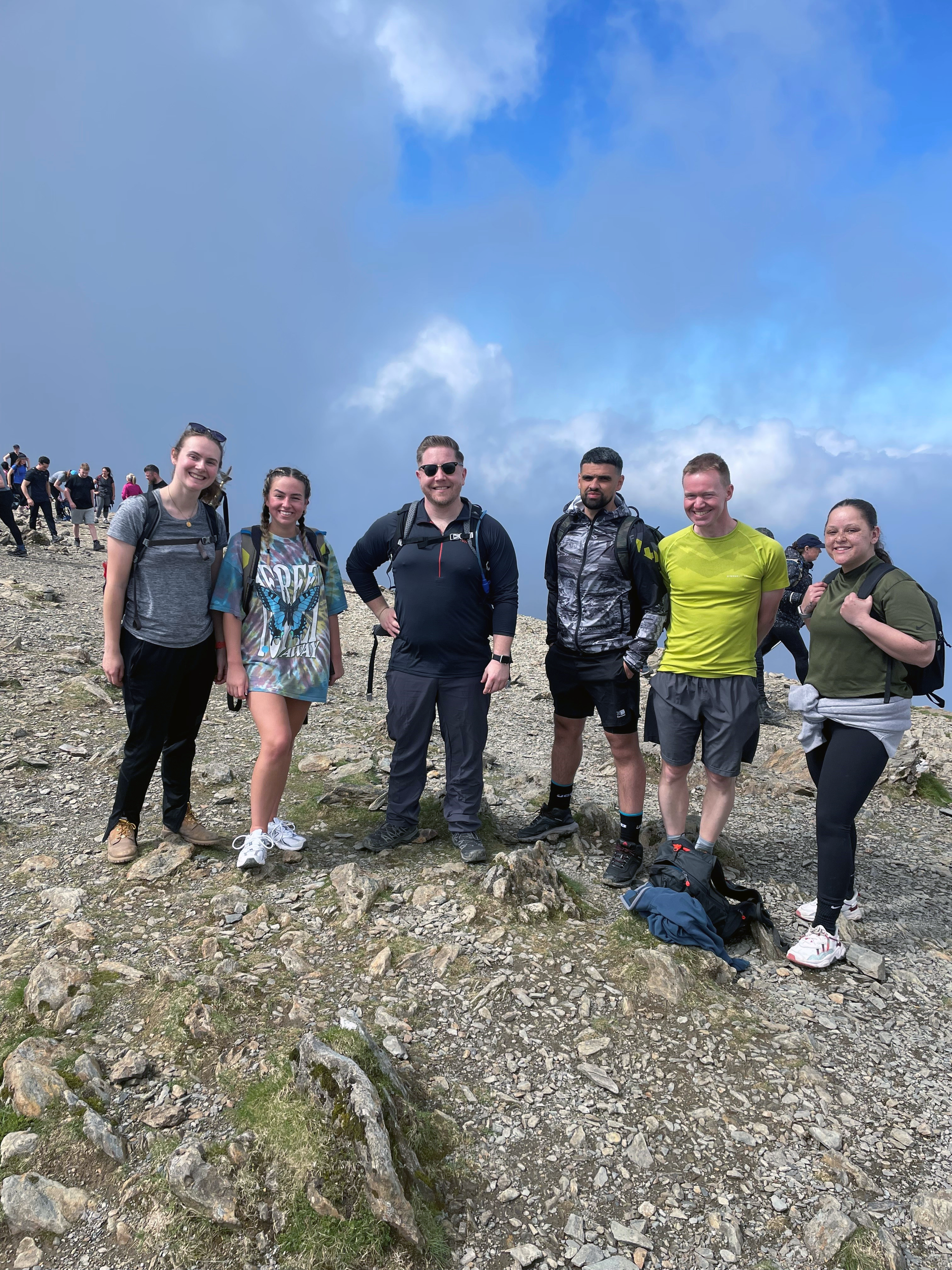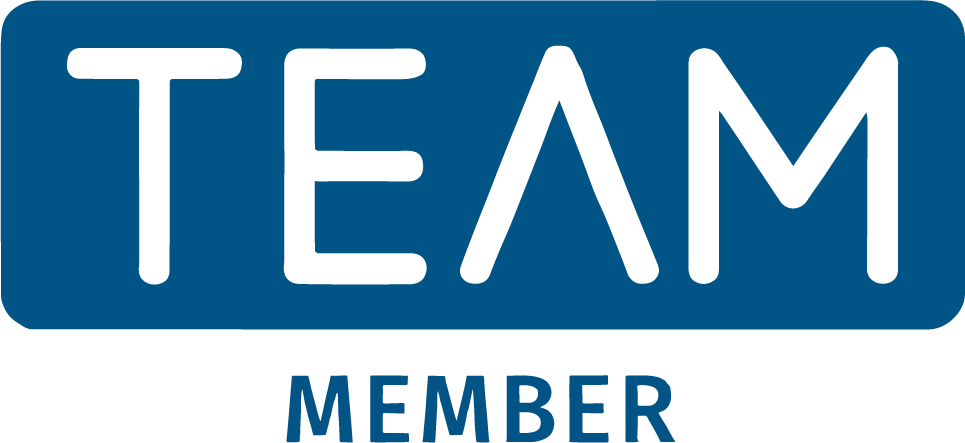ASC CSR
Ensuring we are a corporate, social and responsible business
Giving something back to society
Here at ASC, we are passionate about ensuring the services we provide will have a positive impact on society. This is why we make a conscious effort to support local and wider community causes and make a difference within the industries we focus on. Here are the activities we’ve undertaken to support causes over the last few years:
Supporting brighter days rescue
On Saturday 18th May 2024 members of our team along with our friends over at Professional Technical hiked up Snowdon to raise money for Brighter Days Rescue. They are based near Stafford, England and they are committed to rescuing and rehoming dogs from unfavourable conditions abroad. They ensure that every dog that is rescued is placed with a loving and responsible adopter. Since their inception, they have rescued and rehomed over 300 dogs, thanks to their dedicated team and the support of generous donors and volunteers. We managed to raise over £500 for them and are proud to have supported such an incredible charity!
Children in Need
We have undertaken physical challenges as a company to raise money for BBC Children in Need. In 2017 we raised £1342 after challeging ourselves to climb 96750 steps (the height of Kilamanjaro and Mount Everest combined) dressed as 80's fitness fanatics. In 2018 we cycled 300 miles as a company dressed as superheros and raised £2202. The money we have raised has gone to help transform the lives of disadvantaged children and young people across the UK.


Christmas Jumper Day
The Birmingham office participated in the national Christmas Jumper Day on Friday 15th December 2017 to raise money for Save the Children. The money raised helped disadvantaged children across the world.
Armed Forces Covenant
The Armed Forces Covenant is a promise from the nation that those who serve or have served in the armed forces, and their families, are treated fairly. It encourages employers to pledge, demonstrate or advocate support to defence and the armed forces community, and align their values with the Armed Forces Covenant.
ASC signed the Covenant in October 2017 and have pledged to make it their priority to support those who have served and their spouses to find work. We understand the benefit previous armed forces personnel can bring to an organisation and actively encourage applications from them for our roles.
We are looking at becoming more actively involved in supporting their career transition from forces to “Civvy Street” by proving advice and guidance.
If you have previously worked or are a spouse of someone who has worked within the armed forces, please send your CV to asc@asc-connections.com and we’d be happy to support you in finding work.
If you work for a charity, network or any kind of group that actively supports community causes or the sectors we recruit for, we would welcome you to contact us to see if we are able to support or work together.

LATEST JOBS
CHECK OUT THE ASC BLOG










